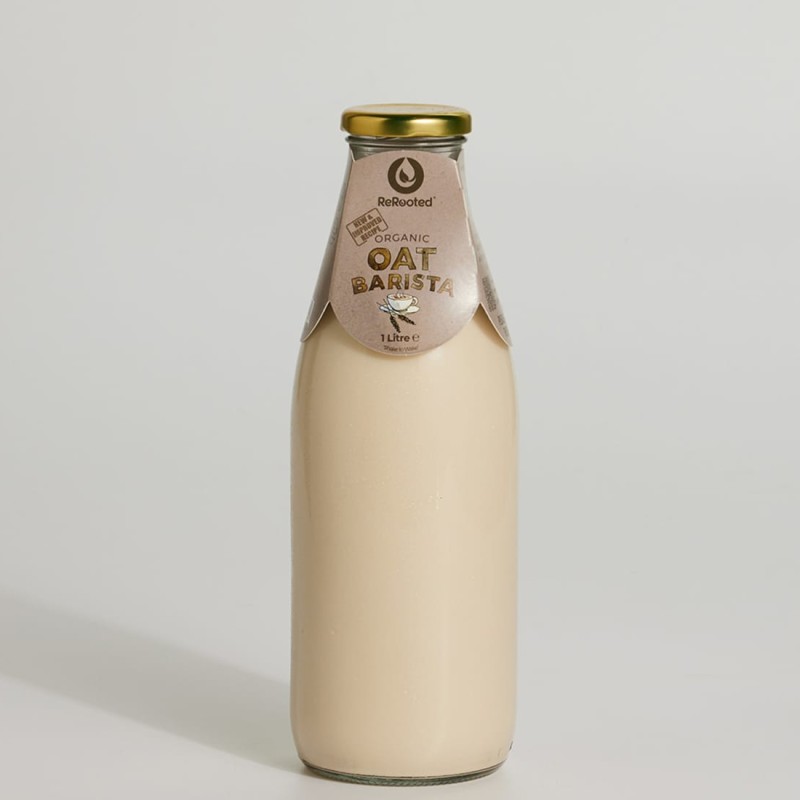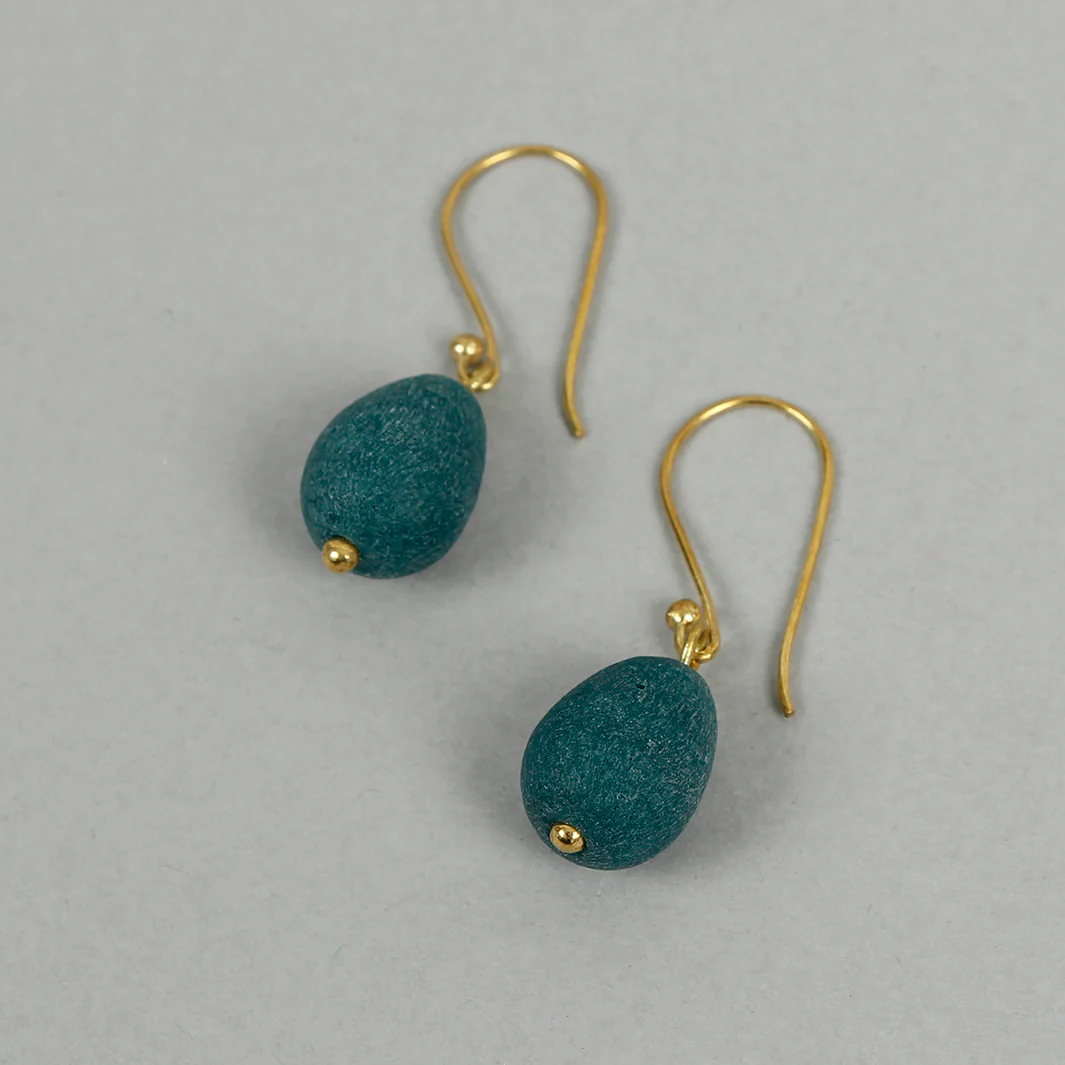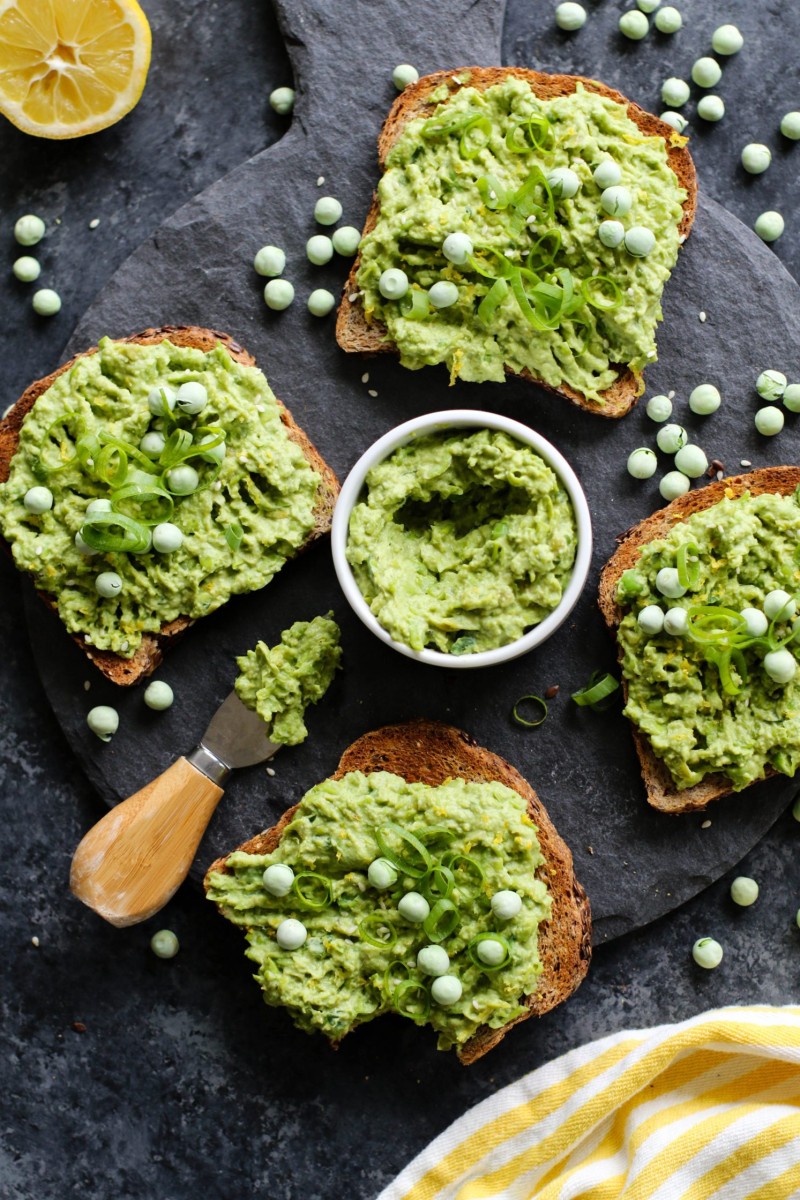Simple Ways to Reduce England’s Glass Litter

New glass is made with sand, which is very energy-intensive. So it’s good to buy items made from recycled glass, to help reduce the use of fossil fuels.
All towns have bottle banks to recycle glass, but many are full to overflowing, and often you have to drive to reach them (a few councils let you recycle glass at kerbside). One idea is to choose choose plant drink in returnable glass bottles.
Glass litter can be a real eyesore and a hazard on streets and in parks. Broken bottles and shards put children, wildlife and pets at risk, and they also spoil the look of our local areas.
Tackling glass litter doesn’t have to be complicated, though. With a little effort, some simple choices, and a bit of teamwork, everyone can help keep England’s public spaces cleaner and safer.
What Kind of Glass Can You Recycle?

You don’t have to remove lids and labels to recycle glass bottles (the machines take care of that). Blue bottles can go in green glass banks.
But do rinse the bottles and remove corks from wine bottles (too packed to compost – they are choking hazards to take them to the off license (or send in bulk to Recorked).
You can also recycle other items in bottle banks – baby food and jam jars (wash them or recycling workers will get sticky fingers!) You can also recycle empty scent bottles (half-full ones go to toxic waste).
Things you can’t put in bottles banks are vases or glass cookware. Nor lightbulbs (old ones are binned, recycle LED bulbs at the tip).
What if Your Glass Bottle Bank is Full?
Don’t leave empty bottles nearby, as they could smash and harm wildlife. You can usually call a number on the bottle bank to inform it’s full, or report full bottle banks as eyesores at Fix My Street (reports are sent to councils, take photos to post, if wished).
On public land, councils have legal responsibility to remove litter (no matter who dropped it). For private land, councils can serve Litter Abatement Orders (and fine landowners that don’t comply).
Cleanup UK wants highways agencies to change their policy. Presently, many mow grass verges BEFORE picking up glass and other litter. So therefore shards of glass go everywhere.
Why Are Bottle Bins Overflowing?
Council bottle banks should be emptied at least every fortnight. Councils now encourage residents to use kerbside recycling, some are buying ‘advanced bottle banks’ that compact waste (but these often don’t work for glass).
The best idea is to bring forward the cash-for-bottle deposit scheme (delayed until 2027 due to Wales wanting to include glass, but Westminster and the drinks industry opposed). So unlike Germany, Norway and Finland (which has been doing this since 1969), we are halted.
They work like this. You pay a small deposit when buying a drink, then return empty bottles to machines to receive your deposit back.
France gets 30 cents for each bottle, and in Gland, Finns return hundreds of glass/plastic bottles and cans each year, earning a tidy sum (around £40 yearly) to pay for all their coffee (they drink four cups daily, the most in the world!) A similar scheme operates in The Netherlands.
Use Public Bins for Glass Bottles
Public recycling bins are placed in parks, near beaches, at stations and in town centres for a reason. When you finish a glass bottle, don’t leave it on the ground or next to a bench. Take a few extra steps to the nearest recycling bin and drop it in.
These bins are clearly marked and designed to separate glass from other rubbish, making recycling much easier and reducing litter at the same time. If you don’t see a glass bin, take the bottle home and recycle it with your household glass.
Avoid Single-Use Glass Wherever Possible
Drinks in glass bottles are common at events and picnics. Try to choose drinks in cans or reusable cups when you can. Many outdoor events and festivals now offer reusable cup schemes or encourage you to bring your own.
By cutting down on single-use glass, you’re less likely to have empty bottles left behind, which often end up as litter. This small swap can stop a lot of broken glass from appearing on pavements and in parks.
Take Empty Glass Home for Recycling
If there are no recycling options nearby, don’t leave glass behind. Slip empty bottles into a tote bag or rucksack and bring them home to recycle.
It’s a habit that quickly becomes second nature, especially for families or groups who bring picnics or drinks to parks and beaches. If everyone took home just one bottle rather than leaving it lying around, it would make a big difference to glass litter rates.
Encourage Pubs and Clubs to Collect Glass
Many pubs, bars and social clubs have outdoor spaces that people use, especially in good weather. Encourage these places to use safe, sturdy bins for glass collection, both inside and out.
Clear signage and regular collection help keep glass off the ground. It’s a small step for businesses but helps keep paths and patios clear, preventing accidents and showing customers that safety matters.
Organise or Join Local Litter Picks
Community litter picks are a hands-on way to make public spaces nicer. Many councils and local groups provide gloves, bags and litter pickers so it’s easy to join in. Focusing on parks, playgrounds, and riverbanks helps catch glass litter before it causes harm.
Gather friends and neighbours, set a date, and see how much of a difference a single morning can make. Not only does it remove glass, but it also encourages people to think twice about leaving rubbish behind.
Report Broken Glass to Local Authorities
If you spot broken glass in high-traffic areas like school playgrounds or bus stops, report it to Fix My Street. These reports go to councils, but are also made public, so things are fixed quicker.
Quick reporting means safety teams can clear hazards before someone gets hurt. More reports also help councils see where bins or extra collections might be needed most.
Teach Children About Safe Glass Disposal
Children are often the first to stumble across litter while playing. Get them involved in safe disposal habits from a young age. Talk in simple terms about why glass should never be left on the ground, and show them how to use recycling bins properly.
How a Kansas Brewer is Saving Glass
In Kansas (USA), one brewer solved the headache of beer bottle litter by founding Ripple Glass, a state-of-the-art processing plant where people drop off glass bottles, or have them collected. It’s made into fibreglass to insulate people’s homes.
The rest is turned into new beer bottles, which saves him money. These purple bins are now in 100 communities across the US. The bins also take glass candles (with leftover wax) and window panes.
Buy Items Made from Recycled Glass

This creates a market to recycle it. These stylish earrings are made from ‘beads’ that are actually made from recycling waste glass, combined with a little brass. Made fairly in India, the company is based in Peckham (Only Fools and Horses country!)
If using recycled glass vases, know some indoor plants (like lilies and sago palm) are toxic to pets (even a tail brushing past can harm). Read our post on safer houseplants. If using recycled glass candlesticks, read our post on safe candle use.
Inspired by the rich colours of Egyptian jewellery, the bead has a lovely frosted effect, making each piece unique. Includes hypoallergenic and nickel-free brass hook fastenings for pierced ears (returns not accepted, for hygiene reasons).






